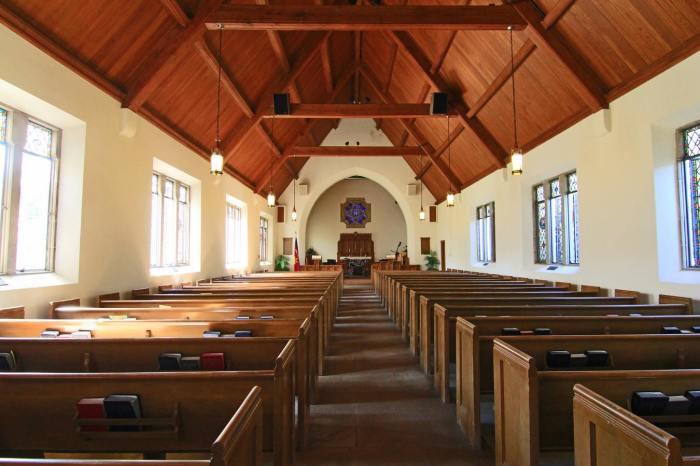Kentucky to treat churches as 'essential services' during pandemics, emergencies

Kentucky has passed a law that requires the government to treat houses of worship the same as essential services whenever a state of emergency is declared after many states and municipalities enacted emergency orders during the pandemic limiting the size and scope of religious gatherings.
Democratic Gov. Andy Beshear signed House Bill 43 into law on Tuesday, which exempts houses of worship from specific emergency measures unless “such houses have become unsafe to a degree that would justify condemnation in the absence of a state of emergency.”
“A governmental entity shall not prohibit or restrict a religious organization from operating or engaging in religious services during a declared emergency to the same or any greater extent than other organizations or businesses that provide essential services necessary and vital to the health and welfare of the public are prohibited or restricted,” continued the new law.
“[N]o health, safety, or occupancy requirement may impose a substantial burden on a religious organization or its services unless applying the burden to the religion or religious service in the particular instance is essential to further a compelling governmental interest and is the least restrictive means of furthering that compelling governmental interest.”
The new law won’t prohibit the state from requiring religious organizations to “comply with neutral health, safety, or occupancy requirements that are applicable to all organizations and businesses that provide essential services.”
Introduced in January and chiefly sponsored by Republican Rep. Shane Baker, HB 43 passed the House on March 1 in a vote of 83-12, then the Senate on March 23 in a vote of 30-7.
The Alliance Defending Freedom, a conservative legal nonprofit that has argued religious liberty cases at the U.S. Supreme Court level, celebrated the bill's passing.
ADF legal counsel Greg Chafuen said in a statement Tuesday that houses of worship “provide soul-sustaining operations that are essential to our society and protected by the First Amendment.”
“While public officials have the authority and responsibility to protect public health and safety, the First Amendment prohibits the government from treating houses of worship and religious organizations worse than shopping centers, restaurants, or gyms,” stated Chafuen.
“HB 43 makes it clear that officials cannot discriminate against religious operations, including during a public crisis. We commend Gov. Beshear and the Kentucky Legislature for taking this significant step to defend religious liberty for all Kentuckians.”
During the COVID-19 pandemic, many and local state governments were accused of treating churches worse than comparable secular entities in their various lockdown policies aimed at mitigating the spread of the coronavirus.
In November 2020, the U.S. Supreme Court ruled 5-4 in Roman Catholic Diocese of Brooklyn v. Cuomo that certain New York restrictions had unfairly singled out religious groups.
“Members of this Court are not public health experts, and we should respect the judgment of those with special expertise and responsibility in this area. But even in a pandemic, the Constitution cannot be put away and forgotten,” stated the majority.
“The restrictions at issue here, by effectively barring many from attending religious services, strike at the very heart of the First Amendment’s guarantee of religious liberty.”
In other states, governments have had to pay out settlements in response to lawsuits filed on behalf of churches and other religious organizations who felt their First Amendment rights were violated because their congregations couldn’t gather due to restrictions against large gatherings.
Last May, California paid $1.35 million to settle a lawsuit filed by Harvest Rock Church against COVID-19 policies.
Kentucky is not the first state to pass a law aimed at limiting the ability of state agencies to enact emergency orders that place stricter restrictions on religious bodies than comparable secular entities.
In March 2021, North Dakota passed a law stating state officials can’t treat “religious conduct more restrictively than any secular conduct of reasonably comparable risk, unless the government demonstrates through clear and convincing scientific evidence that a particular religious activity poses an extraordinary health risk.”
Similar laws were passed in states like New Hampshire and Indiana.





























